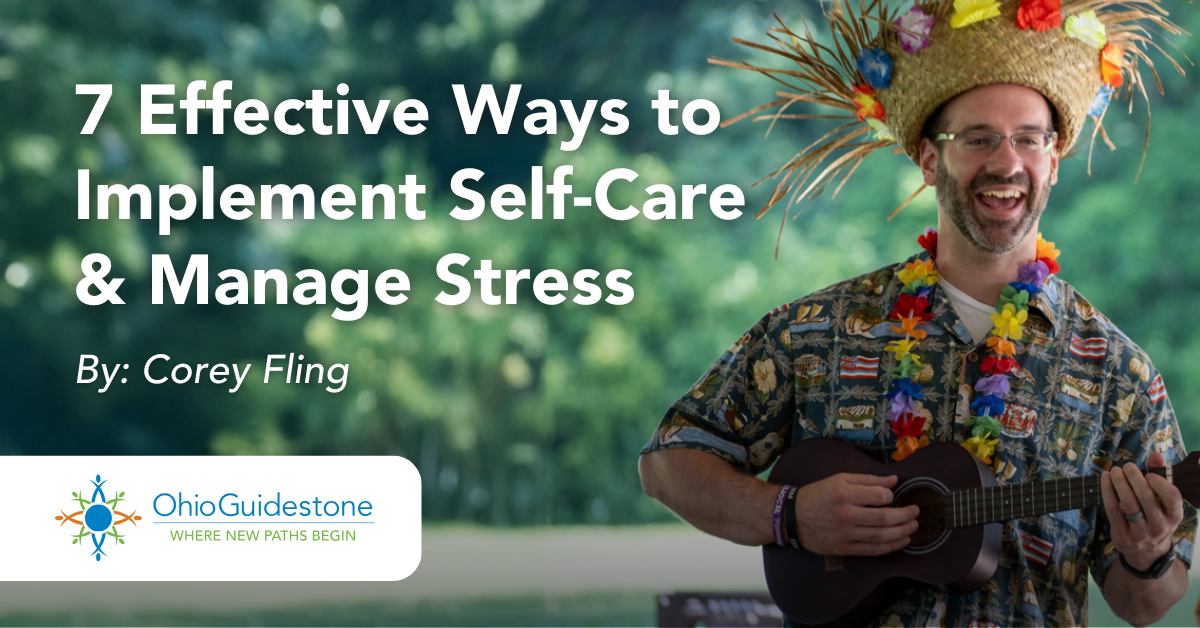7 Easy Ways to Support Loved Ones With Mental Illness

The burden of mental health concerns continues to grow worldwide, with 1 in 7 people suffering from mental disorders at some point in their lives, according to the World Health Organization (WHO). Unfortunately, even with the global nature of mental illness, there is often still a stigma attached to people diagnosed with a mental illness. However, most people with a diagnosed mental illness go on to live full and happy lives. In large part because of the love and support from their family and friends.
Mental illnesses can create a ripple effect throughout the whole household. Individuals with mental health issues often experience a sense of losing control over who they are and may feel as if their illness defines them. Friends and family can make all the difference in the treatment process. Learning how to support loved ones with mental illness beyond their diagnosis can help to minimize serious and sometimes fatal harm that would be inflicted had you not been there in the first place.
Tips to support loved ones with mental illness:
- First, learn the signs and symptoms if you are concerned that your loved one may be struggling with an undiagnosed mental illness. You can read more about possible signs of someone struggling with their mental health in our blog. Start with a conversation to express your concern. Encourage them to seek help.Offer to accompany them to visit a psychologist or a general physician. If you feel your loved one is a threat to themselves or others, alert a trained police officer in crisis intervention. (You can reach them by dialing 9-1-1 and requesting to speak with them.)
- It is normal to experience a variety of emotions when a loved one is diagnosed with a serious mental illness. Acceptance takes time and happens at a different pace for everyone. It is important to be patient with yourself and with others during this delicate time.
- One of the most important things you can do to support your loved one is to educate yourself. Familiarize yourself with the symptoms associated with the diagnosis. This will help you identify when your loved one is showing signs that their illness is not well-controlled. Using credible sources of information to learn these symptoms is just as important as being able to recognize them. Use trusted resources on the internet such as Google Scholar to read peer-reviewed articles/journals. For additional assistance, your local librarian may help to identify reliable resources as well.
- Medications can be an important element of treatment; however, they take time to become effective. The American Psychological Association encourages individuals with a mental health diagnosis to also take advantage of other resources, such as peer support groups, and/or group psychotherapy such as cognitive behavioral therapy or social-skills training.
- Often, the most difficult element in supporting your loved one can be communication. It is easy to get frustrated with the symptoms of their mental illness. How you react in moments of emotional outbursts or serious episodes is important in order to reverse escalation and calm them down in these situations. It can be hard not to take symptoms of the illness personally. Do not always interpret that these responses are reflective of your relationship with them. Give your loved one space when they need it.
- Furthermore, do not be afraid to use humor, when it is appropriate. Laughter can cultivate a sense of joy that decreases both you and your loved ones cortisol levels. Cortisol is a hormone that our bodies produce when we are experiencing stress. However, laughter significantly decreases this hormone known to increase risk for numerous health related issues, such as anxiety, depression, weight gain, heart complications, sleep problems, etc.
- Evidence-based practices have powerful and positive effects, and people diagnosed today can expect better outcomes than ever before. It is important to stay positive and to take care of yourself, as well. Establish and stay in contact with your own support group, and talk to other people who are struggling with similar situations. OhioGuidestone recognizes that mental health issues affect the whole family and we are uniquely equipped to address the needs of the entire family. Remember, you are not alone!






